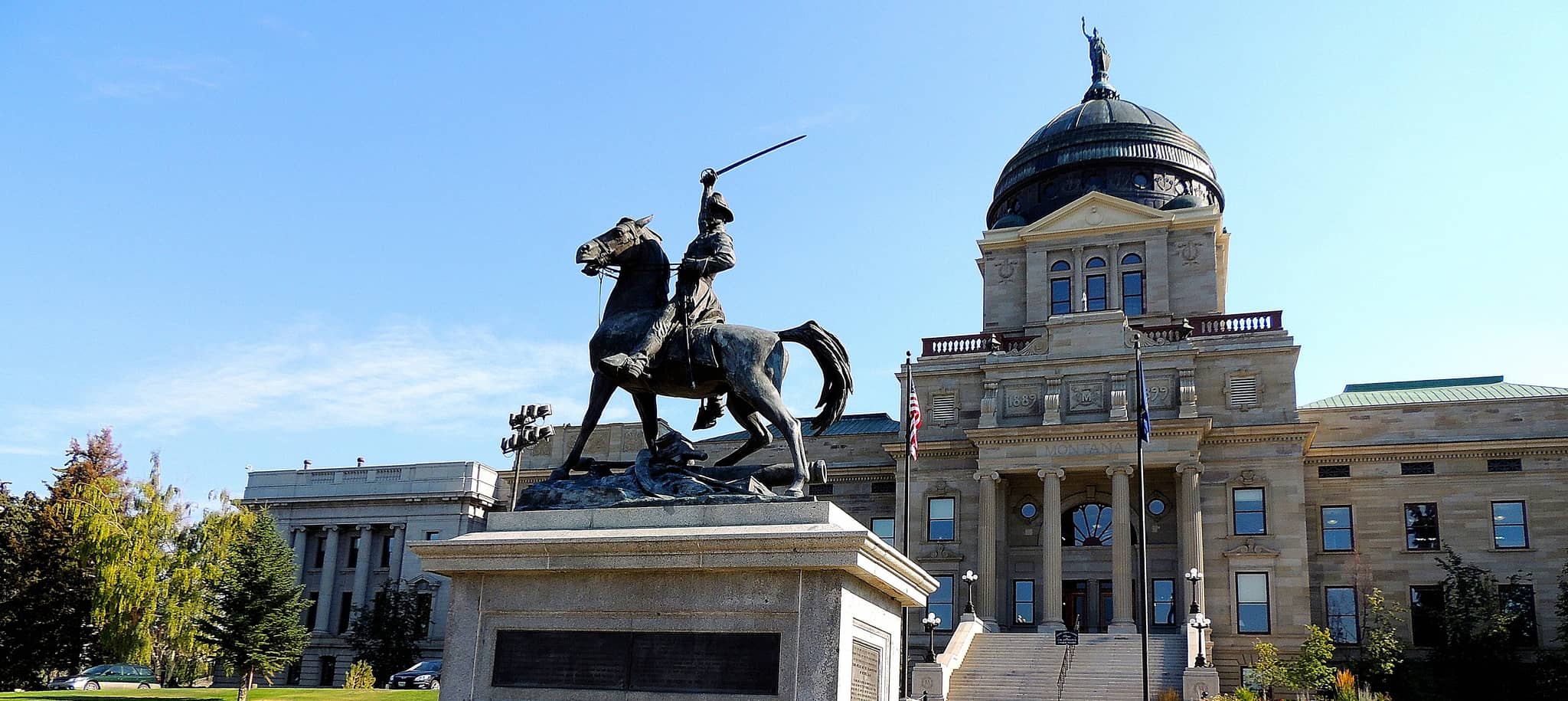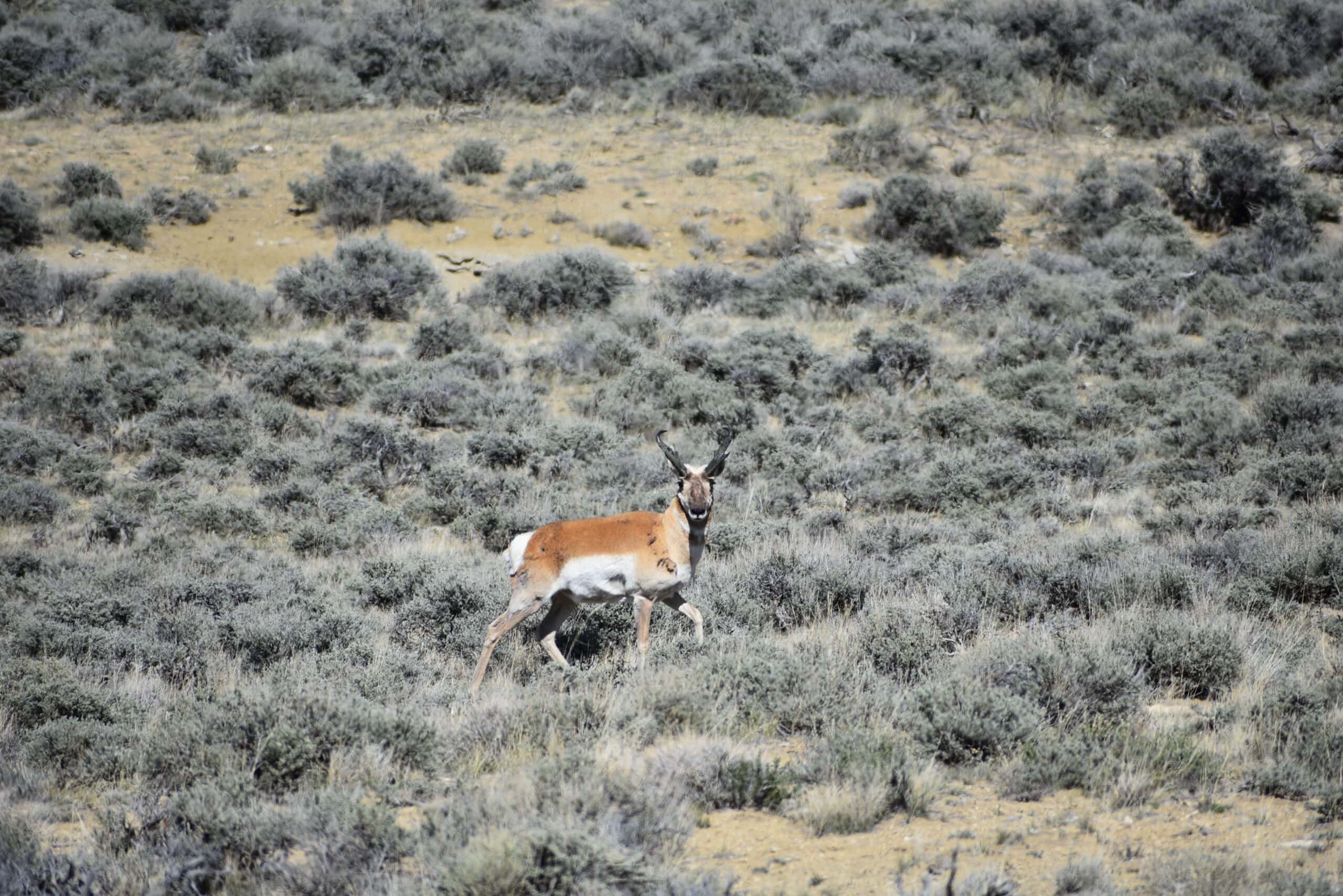Share this article
Northwest Section speaks out against Montana bill
A bill recently introduced in the Montana state legislature would limit the information that the state’s Department of Fish, Wildlife and Parks can consider while making wildlife policy decisions.
If passed, the legislation would mandate that “the director, department, and commission may not use social science, human dimensions, or people’s attitudes, opinions, or preferences in decision-making processes related to fish and wildlife.” Such as change would drastically affect the ability of the Department of Fish, Wildlife and Parks to effectively manage the state’s wildlife.
The bill’s intent, according to its sponsor, state Rep. Brad Tschida, a Republican from Missoula, is to ensure wildlife management decisions are based on science. However, the practical effect of the bill would be to prevent the agency from considering any public input on wildlife management decisions, as well as social science information, including human dimensions.
A hearing on the bill was held Jan. 22, when about three dozen individuals testified in-person against the bill and its effects on wildlife management. The Northwest Section of TWS sent a letter of opposition to the chair of the committee considering the bill.
“Science reveals facts,” the section’s letter said. “The objective collection and scientific analysis of information on public natural resources, their use, and stakeholders’ attitudes reveals the critical facts upon which science-based management decisions can be made. Both the natural and social sciences are critical components of successful fish and wildlife management for current and future generations of stakeholders.”
The Human Dimensions Working Group notified its members about the bill and encouraged them to contact Montana legislators with their comments. The Montana Wildlife Federation also opposes the change, as does the Montana Sporting Coalition.
Critics of the bill argue that the bill would erode public trust in wildlife management and reduce the effectiveness of that management. If the agency cannot consider the preferences and opinions of the general public, landowners, hunters and anglers, they cannot make the best choices among different management alternatives — all of which might be supported by the science.
The committee is expected to decide on the bill in the next few weeks. If passed by committee, it will be considered by the entire Montana House of Representatives.
Header Image: A bill being considered by the Montana state legislature would wildlife professionals in their decision making. ©Tracy Elizabeth








